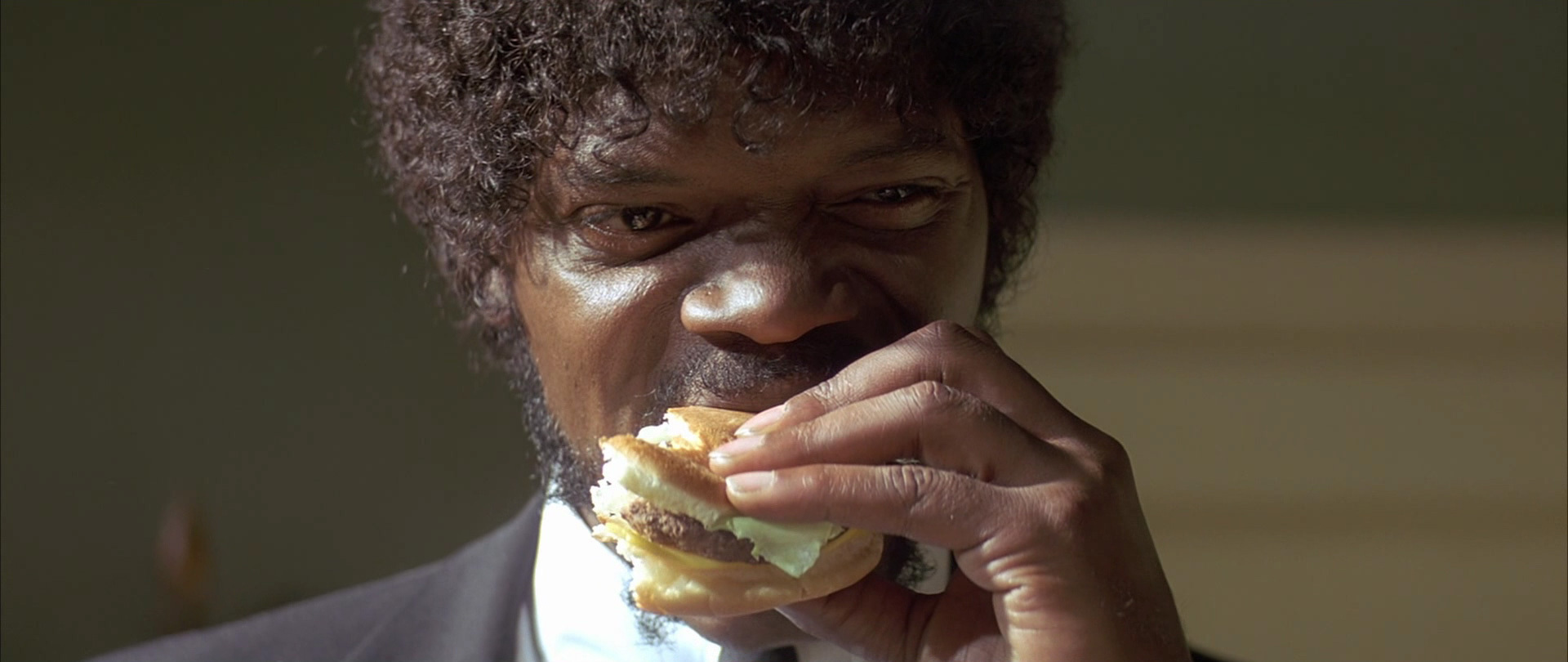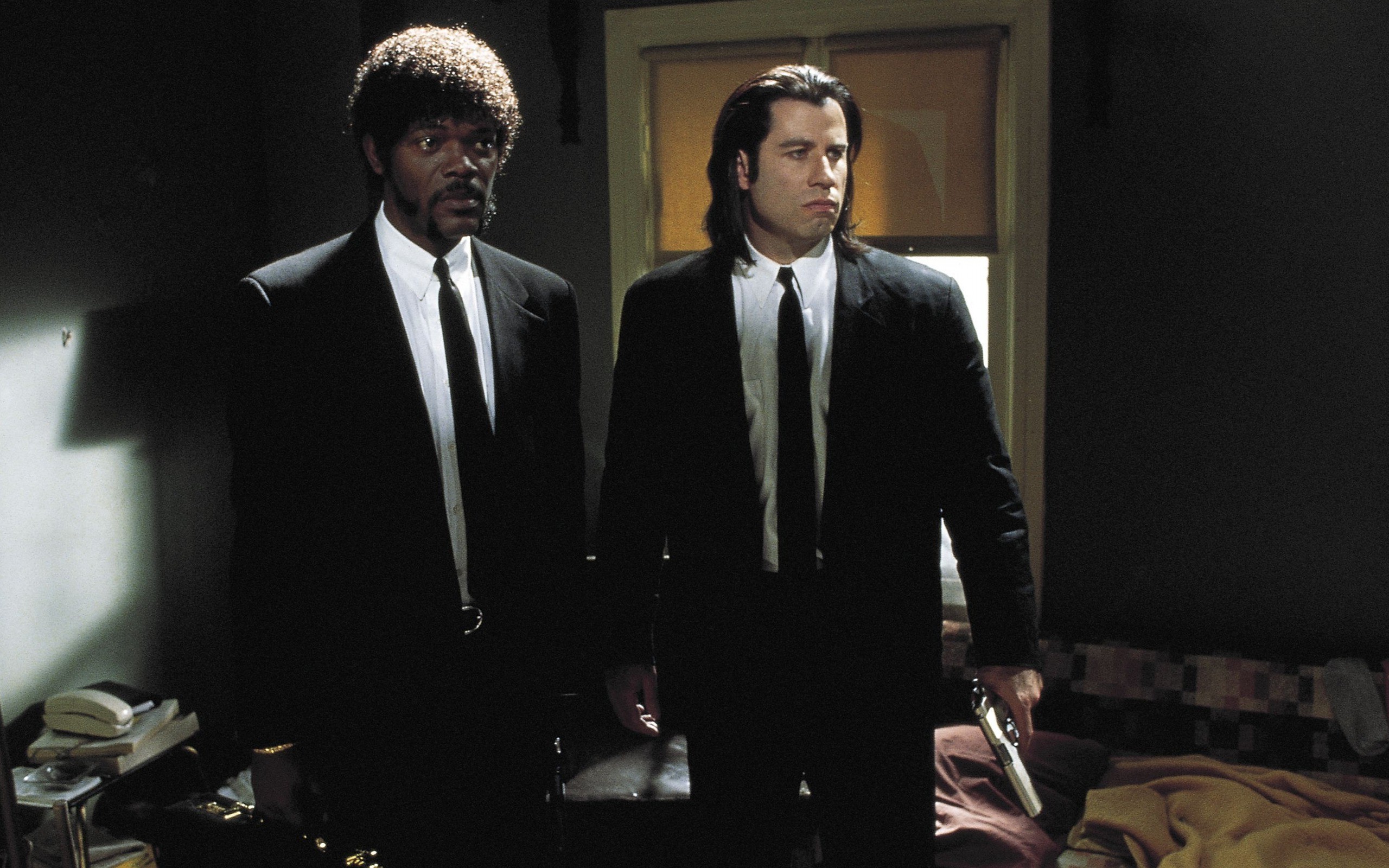Let’s dive into the world of Pulp Fiction and uncover the incredible contributions of Black actors in this groundbreaking film. Quentin Tarantino’s masterpiece is a cultural phenomenon that continues to resonate with audiences worldwide. From its nonlinear storytelling to its unforgettable characters, Pulp Fiction has left an indelible mark on cinema history. And at the heart of this film are some of the most iconic performances by Black actors, who brought depth, charisma, and authenticity to their roles.
When we talk about Pulp Fiction, it’s impossible not to mention the Black actors who played pivotal roles in shaping the film’s legacy. Their performances were nothing short of legendary, and their characters have become part of pop culture lore. From Jules Winnfield to Butch Coolidge, these actors delivered scenes that are still talked about decades later.
But what makes their contributions so special? Why do they continue to inspire new generations of filmmakers and audiences alike? In this article, we’ll explore the stories behind these actors, their impact on the film, and how they broke barriers in Hollywood. So buckle up, because we’re about to take a deep dive into the world of Black actors in Pulp Fiction.
Read also:Maury Povich And Wife The Love Story Behind The Iconic Talk Show Host
Daftar Isi
Jules Winnfield: Samuel L. Jackson’s Iconic Role
Butch Coolidge: Bruce Willis vs. The Black Character Debate
Supporting Characters and Their Contributions
Behind the Scenes: The Making of Pulp Fiction
Read also:Kc Chiefs Mascot The Story Behind The Legend You Know And Love
Impact on Cinema and Pop Culture
Breaking Barriers in Hollywood
Conclusion: The Legacy of Black Actors in Pulp Fiction
Biography of Key Black Actors
Before we dive into their roles, let’s get to know the men behind the characters. Samuel L. Jackson and Ving Rhames are two of the most prominent Black actors in Pulp Fiction. Their careers have been nothing short of remarkable, and their performances in this film helped solidify their status as legends in the industry.
Samuel L. Jackson
Samuel L. Jackson is one of the most recognizable actors in Hollywood today. Born on December 21, 1948, in Chattanooga, Tennessee, Jackson grew up in a household that valued storytelling and creativity. His early career was marked by small roles in independent films, but it wasn’t until his collaboration with Spike Lee in films like Do the Right Thing and Jungle Fever that he gained widespread recognition.
| Full Name | Samuel Leroy Jackson |
|---|---|
| Date of Birth | December 21, 1948 |
| Place of Birth | Chattanooga, Tennessee |
| Known For | Pulp Fiction, The Avengers, Star Wars |
Ving Rhames
Ving Rhames, another key player in Pulp Fiction, has carved out a successful career in both film and television. Born on November 12, 1959, in Detroit, Michigan, Rhames started his acting journey in theater before transitioning to screen acting. His role as Marsellus Wallace’s enforcer, Winston Wolf, showcased his versatility as an actor.
| Full Name | Ving Rhames |
|---|---|
| Date of Birth | November 12, 1959 |
| Place of Birth | Detroit, Michigan |
| Known For | Pulp Fiction, Mission: Impossible, Baby Boy |
Overview of Pulp Fiction
Released in 1994, Pulp Fiction is a crime film written and directed by Quentin Tarantino. The movie is known for its nonlinear narrative structure, sharp dialogue, and unforgettable characters. It won the Palme d’Or at the Cannes Film Festival and went on to receive seven Academy Award nominations, winning one for Best Original Screenplay.
The film follows several interconnected stories involving criminals in Los Angeles. While the plot might seem chaotic at first glance, each story ties together seamlessly, creating a cohesive and compelling narrative. The characters are complex, and their interactions are filled with tension, humor, and unexpected twists.
Jules Winnfield: Samuel L. Jackson’s Iconic Role
One of the most iconic characters in Pulp Fiction is Jules Winnfield, portrayed by Samuel L. Jackson. Jules is a hitman with a philosophical streak, often quoting Bible verses and contemplating the meaning of life. His dynamic partnership with Vincent Vega, played by John Travolta, forms the backbone of the film’s central storyline.
Some of the standout moments in Jules’ arc include:
- His famous Ezekiel 25:17 monologue
- The bathroom scene where he contemplates leaving the hitman life
- His encounter with the divine intervention in the diner scene
Samuel L. Jackson’s portrayal of Jules was widely praised for its depth and intensity. It’s no wonder that this role became one of the defining performances of his career.
Butch Coolidge: Bruce Willis vs. The Black Character Debate
While Butch Coolidge, played by Bruce Willis, is a central character in Pulp Fiction, there has been some discussion about the casting choices for this role. Originally, Quentin Tarantino envisioned Butch as a Black character, even going so far as to write the part with a specific actor in mind. However, due to scheduling conflicts and other factors, the role ultimately went to Bruce Willis.
This decision sparked debates about representation in Hollywood and whether the film missed an opportunity to showcase more diversity in its cast. Despite this, the character of Butch Coolidge remains one of the most memorable in the film, thanks in large part to Bruce Willis’ charismatic performance.
Supporting Characters and Their Contributions
While Jules Winnfield and Butch Coolidge get most of the attention, several supporting characters played by Black actors also contributed significantly to the film’s success. Let’s take a look at some of them:
Winston Wolf
Played by Ving Rhames, Winston Wolf is the cool-headed fixer who helps clean up the mess after Vincent accidentally shoots Marvin in the car. His calm demeanor and quick thinking make him an indispensable part of the story.
Marcellus Wallace
Although Marcellus Wallace is primarily portrayed as a menacing figure, his presence looms large throughout the film. His interactions with other characters, particularly Butch Coolidge, add layers of tension and intrigue to the narrative.
Behind the Scenes: The Making of Pulp Fiction
The making of Pulp Fiction was a collaborative effort that brought together some of the most talented individuals in the film industry. Quentin Tarantino worked closely with his cast and crew to bring his vision to life, and the result was a film that defied conventional storytelling.
Some interesting behind-the-scenes facts include:
- Samuel L. Jackson improvised parts of the Ezekiel 25:17 monologue
- The film’s budget was relatively low, which forced creative solutions to be implemented
- Quentin Tarantino often used his own money to fund certain aspects of production
Impact on Cinema and Pop Culture
Pulp Fiction’s influence on cinema and pop culture cannot be overstated. Its unique storytelling style and memorable characters have inspired countless filmmakers and writers. The film also played a significant role in elevating the careers of its cast members, particularly the Black actors involved.
Today, Pulp Fiction is regarded as one of the greatest films of all time, and its impact continues to be felt in the industry. It paved the way for more unconventional narratives and encouraged filmmakers to take risks in their storytelling.
Breaking Barriers in Hollywood
Black actors in Pulp Fiction broke barriers in Hollywood by delivering performances that defied stereotypes and showcased their versatility. At a time when opportunities for Black actors were limited, Samuel L. Jackson and Ving Rhames proved that they could hold their own alongside some of the biggest names in the industry.
Their success in Pulp Fiction opened doors for future generations of Black actors, demonstrating that representation matters both in front of and behind the camera.
Awards and Recognition
Pulp Fiction received widespread critical acclaim and numerous accolades, including:
- Palme d’Or at the Cannes Film Festival
- Academy Award for Best Original Screenplay
- Golden Globe for Best Motion Picture – Musical or Comedy
Samuel L. Jackson and Ving Rhames were also recognized for their performances, with Jackson earning an Academy Award nomination for Best Supporting Actor. Their contributions to the film’s success were instrumental in its widespread recognition.
Conclusion: The Legacy of Black Actors in Pulp Fiction
In conclusion, the Black actors in Pulp Fiction played a crucial role in shaping the film’s legacy. Their performances were not only memorable but also groundbreaking, challenging stereotypes and paving the way for greater representation in Hollywood. As we continue to celebrate the impact of Pulp Fiction, let’s not forget the contributions of these incredible talents.
So, what’s next? Leave a comment below and let me know your thoughts on the film and the performances of Samuel L. Jackson and Ving Rhames. And don’t forget to share this article with your friends who love cinema as much as you do. Together, let’s keep the conversation going about the importance of diversity and representation in the film industry.
- David Lynch Cause Of Death A Comprehensive Look Into The Life Legacy And Final Days Of A Cinema Icon


